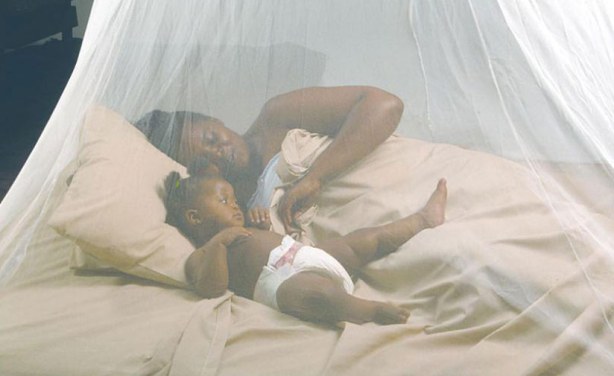
By Willis Simon Akhwale, University of Washington
Malaria is one of the oldest and deadliest infectious diseases affecting man. It is an ancient and modern disease – descriptions of illnesses similar to malaria are found in ancient texts from China, India, the Middle East, Africa and Europe.
Malaria parasites have co-evolved – which involves genetic changes and adaptation – with people as their hosts over a period of four thousand years.
After the Second World War, the Global Malaria Eradication Programme was intensified by the discovery of DDT, a powerful pesticide. The campaign partially reduced the malaria transmission cycle and infection rates within a short time.
The US eradicated malaria by 1951 but in Latin and South America pockets recurred two decades later.
Today malaria has been eliminated in 26 other countries including Cuba, Italy and Japan. About 65 countries are planning to eradicate the disease between 2020 and 2030.
Africa carries a disproportionately high burden of malaria cases. In 2015 214 million people across the world were infected with malaria leading to about 430 000 deaths. Of these, 90% occurred in Africa. And two countries on the continent, Nigeria and the Democratic Republic of Congo, accounted for more than 35% of global malaria deaths.
There has been some improvement. Between 2010 and 2015 there was a 21% reduction of malaria cases reported on the continent, and a 31% reduction in number of deaths.
But Africa needs to urgently put a number of additional measures in place to speed up these advances, and to move towards eliminating the disease. These include accelerated investment and deployment of vaccines, new diagnostic tools, new funding strategies for malaria control and keeping in check the drug and insecticide resistance challenge.
Funding is also key if African countries are going to move closer to eradication. Evidence shows that eliminating malaria in Africa has been weakened by the lack of sustained funds.
Read the entire story here.


